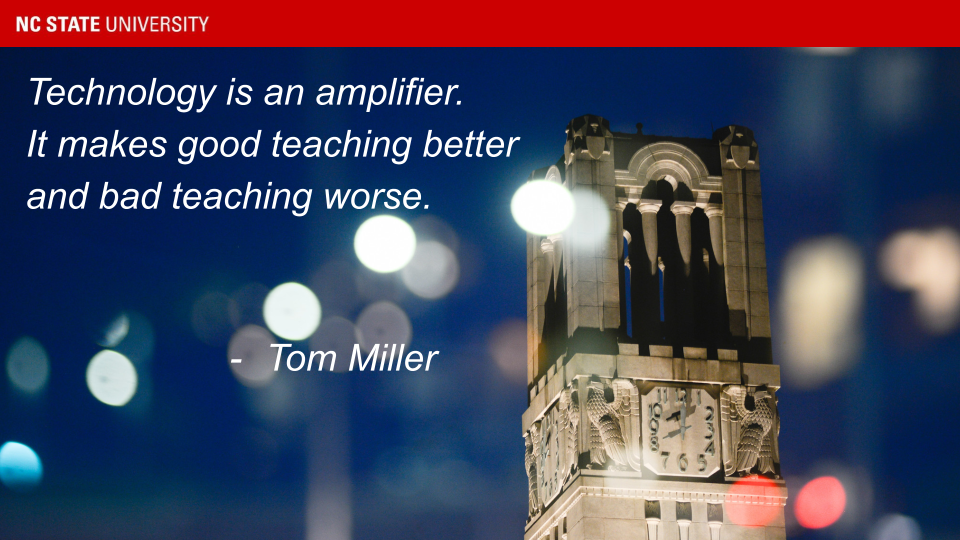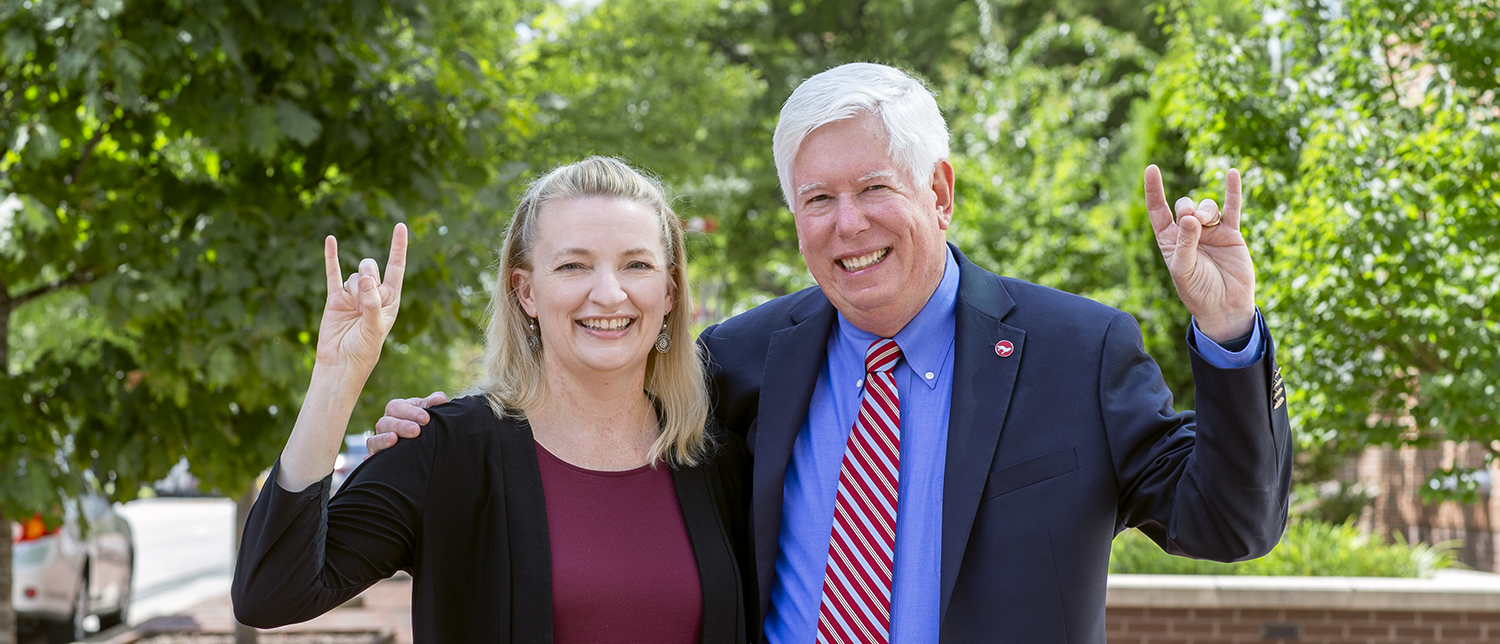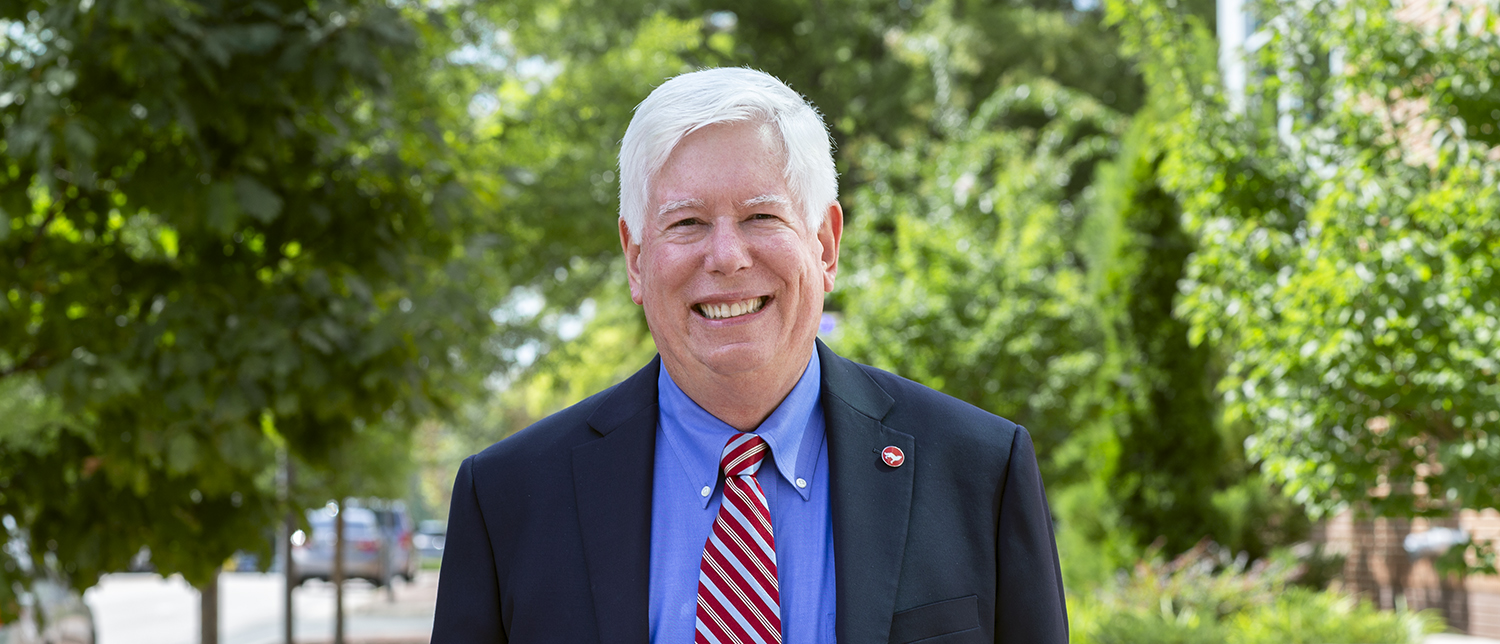Last year we celebrated the 20th anniversary of DELTA, and in my annual report letter I reflected on our origins, stemming from Provost Kermit Hall’s visionary ideas about “time-enhanced learning” which set the tone for our mission and vision. I had actually planned to step down from my role as vice provost for DELTA at that 20-year mark, but at Provost Arden’s request, I agreed to stay one more year to help us get through the pandemic.
It has certainly been an interesting year, and I’m extremely thankful for the amazing DELTA staff who mobilized to get the university online quickly and efficiently and who have worked tirelessly to help maintain academic continuity throughout the pandemic. While we’ve worked on plans for academic continuity for a good number of years, I honestly never imagined a challenge of this magnitude and duration. Kudos to all my colleagues in DELTA who continue to rise to the challenge. I’m very proud of all of them and grateful to have had the opportunity to serve as their leader.

Of the many lessons learned over the past year, one that stands out for me is the critical depth of the digital divide, which seems to be closely aligned with the socio-economic divide. While we worked hard to help the faculty create and deliver high-quality content, students’ actual learning experiences varied greatly. Those who had access to a high speed, reliable broadband connection, high-quality endpoint technology (e.g., sufficiently powerful computer with a high-resolution display and excellent audiovisual capabilities), and a quiet workspace conducive to learning tended to do pretty well. Students who were lacking in one or more of those elements often struggled to learn. The playing field was definitely not level and the impact was staggering across the entire spectrum of education.
Now that students are back on campus and in face-to-face classes, we don’t have to worry about this anymore, right? Wrong! Over the past few decades we’ve become increasingly reliant on technology as a society and as an economy. Technology is no longer a geeky novelty or a convenience for those who can afford it. The pandemic has shown us all too clearly that quality access to technology and the ability to use it effectively has become a prerequisite for success in an individual’s education and career in the 21st century.
On the flip side, the pandemic has also shown us that for most students, no amount of technology can replace the in-person learning experiences that are the foundation of our traditional educational environment. I’ve always believed that technology-based teaching and learning should not be thought of as a replacement for in-person educational experiences, but that the two should be thought of as complementary. That is now crystal clear. I’ll go further to say that I believe that both technology-based and in-person educational experiences are necessary for student success going forward and that neither alone is sufficient. That last assertion, in my humble opinion, will be critical to achieving Goal 1 of the Wolfpack 2030 Strategic Plan: “Empower students for a lifetime of success and impact.” In fact, the narrative behind that goal states that “As a forward-thinking institution dedicated to excellence in teaching, we will be a leader in teaching and the digital transformation of higher education, delivering value to our students and ensuring the resiliency of our institution.”
On July 1 of this year, DELTA’s full name changed from “Distance Education and Learning Technology Applications” to “Digital Education and Learning Technology Applications.” The change from “Distance” to “Digital” does not diminish in any way the university’s commitment to distance education. We are and always will be a leader in delivering quality education to students at a distance. Rather, it highlights the profound importance of the digital transformation of higher education as referenced in the strategic plan for all stakeholders of our great university.

Having served as vice provost for DELTA for the last 21 of my 39 years at NC State, I’m thankful for the opportunity, and I’m very proud of what our team has built over those years. I’m also very pleased to hand over the leadership role to Dr. Donna Petherbridge, who was named interim vice provost for DELTA on July 1. Donna has been with DELTA since the very beginning and has served in an associate vice provost role since 2007. She is an amazing leader who is well-prepared and very capable of taking the organization to even greater heights, ensuring that NC State will be well-served in the area of digital education and learning technologies in the years to come.
Sincerely,
Dr. Tom Miller
Vice Provost, DELTA (2000-2021)
Senior Vice Provost, NC State Entrepreneurship
